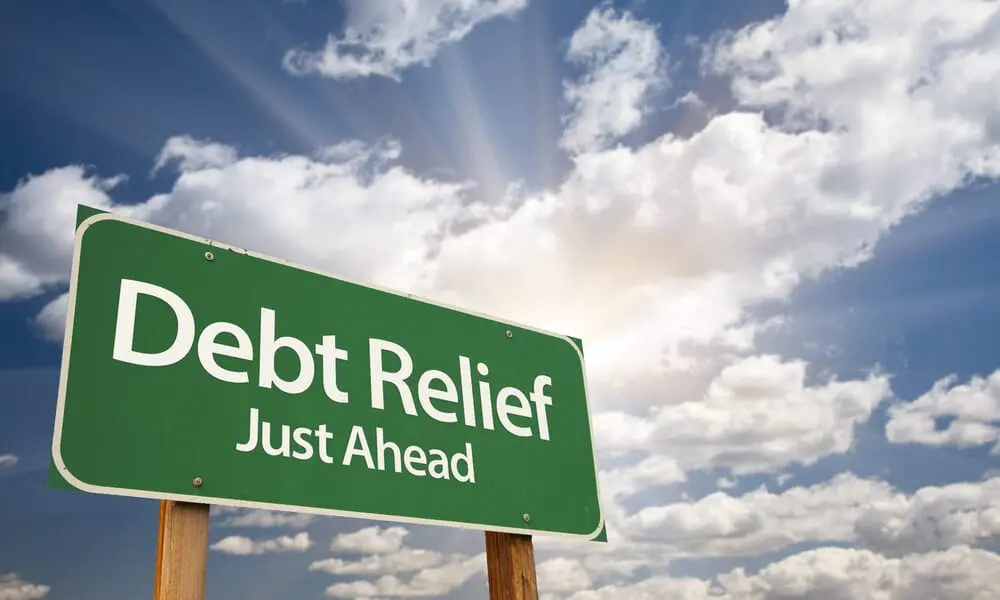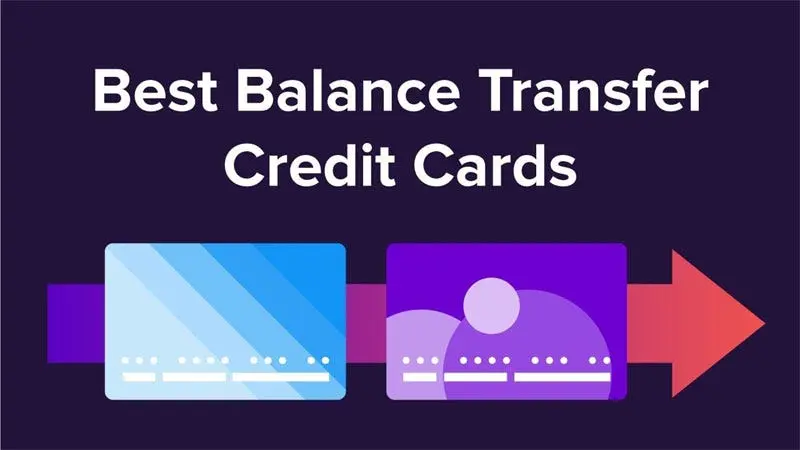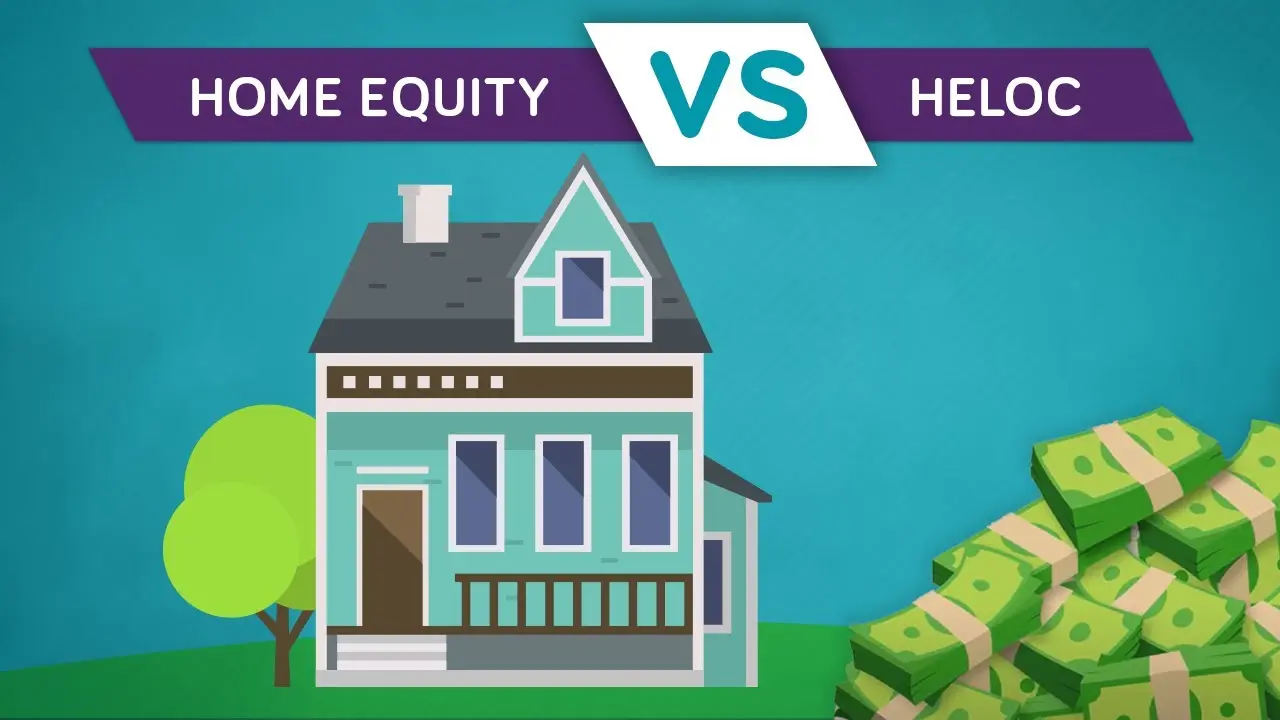
Debt Consolidation Loans vs. Debt Consolidation Programs
When faced with mounting debt, many individuals seek out options for consolidating their debt in order to make it more manageable. Two common options for debt consolidation are debt consolidation loans and debt consolidation programs. While both options aim to help individuals pay off their debt, there are some key differences between the two.
Debt Consolidation Loans
A debt consolidation loan is a type of personal loan that is used to pay off multiple existing debts. By consolidating all of their debts into one loan, individuals can simplify their monthly payments and potentially lower their overall interest rate. Debt consolidation loans are typically offered by banks, credit unions, and online lenders. In order to qualify for a debt consolidation loan, individuals will need to have a good credit score and a stable income. The loan amount is based on the total amount of debt being consolidated, and the interest rate is determined by the individual’s creditworthiness.
One of the key benefits of a debt consolidation loan is that it can lower the overall interest rate on the debt, potentially saving the individual money in the long run. Additionally, having just one monthly payment can make it easier to manage and budget for debt repayment. However, it’s important to note that if the individual’s credit score is not high enough, they may end up with a higher interest rate on the consolidation loan, making it less cost-effective.
Debt Consolidation Programs
Debt consolidation programs, also known as debt management programs, are offered by credit counseling agencies as a way to help individuals pay off their debt. With a debt consolidation program, individuals work with a credit counselor who negotiates with their creditors to lower interest rates and monthly payments. The individual then makes one monthly payment to the credit counseling agency, which is then distributed to their creditors. Debt consolidation programs are typically suitable for individuals with high levels of unsecured debt, such as credit card debt.
One of the main benefits of a debt consolidation program is that it can provide relief from high interest rates and late fees, making it easier for individuals to pay off their debt. Additionally, individuals can receive financial education and counseling to help them better manage their finances in the future. However, it’s important to note that debt consolidation programs typically do not lower the overall amount of debt owed, and they can have a negative impact on an individual’s credit score.
Which Option is Right for You?
When deciding between a debt consolidation loan and a debt consolidation program, it’s important to consider your individual financial situation and goals. If you have a good credit score and are looking to lower your overall interest rate, a debt consolidation loan may be the right choice for you. On the other hand, if you are struggling to make minimum payments on high-interest debt, a debt consolidation program may be a better option. It’s important to carefully weigh the pros and cons of each option and to seek advice from a financial professional if needed.
In conclusion, both debt consolidation loans and debt consolidation programs offer potential solutions for individuals struggling with debt. Each option has its own set of benefits and drawbacks, so it’s important to carefully consider your individual financial situation before making a decision.









